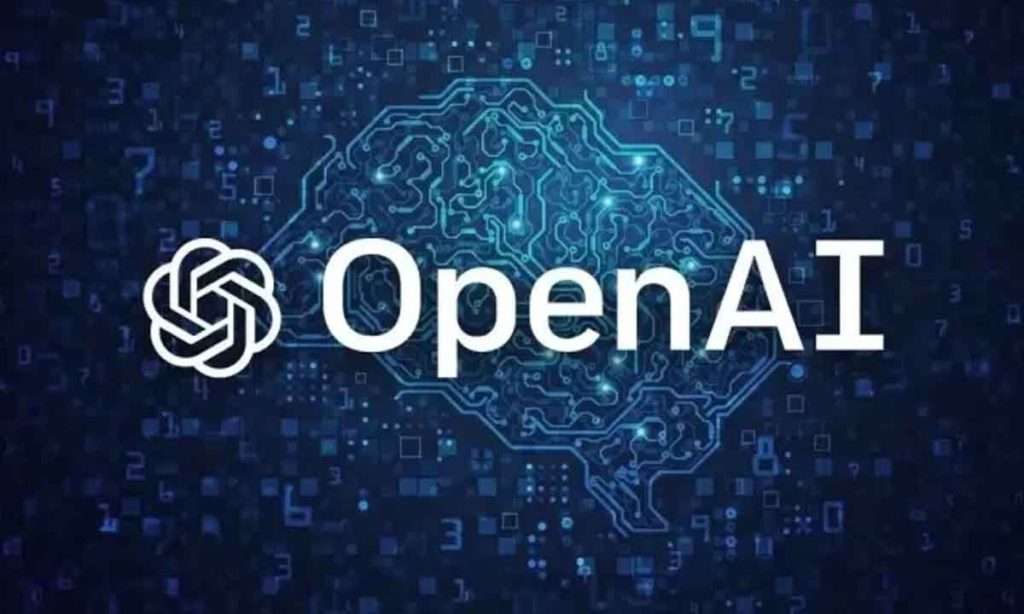OpenAI, the company behind ChatGPT, is preparing a major expansion into India with plans to set up one of the country’s largest artificial intelligence data centres. The facility, expected to have at least 1 gigawatt of capacity, signals a huge investment in India’s growing digital ecosystem.
According to people familiar with the matter, OpenAI has already begun initial discussions with potential Indian partners for the project. The final location and timeline are yet to be confirmed. However, Chief Executive Officer Sam Altman is scheduled to visit India later this month and could share more details during his trip. The company has so far declined to make any official statement on the development.
India is fast emerging as a crucial market for OpenAI, both in terms of its expanding user base and long-term opportunities. Recently, the San Francisco-headquartered firm set up an office in New Delhi and has been building its local team. To make its services more accessible, OpenAI also rolled out a ChatGPT subscription plan at just $5 per month for Indian users.
This push aligns closely with the Indian government’s IndiaAI Mission, a $1.2 billion initiative aimed at developing indigenous large language models and scaling AI adoption across sectors. A domestic data centre of this scale would not only accelerate AI innovation but also ease concerns around sensitive data being processed overseas. For Indian users, it would mean faster, more reliable, and customised AI services while strengthening trust with policymakers and regulators.
Globally, OpenAI has been heavily investing in infrastructure under its “Stargate” project, an ambitious plan to build some of the world’s largest AI data centres. In the United States, the company is working with partners like Oracle and SoftBank to develop facilities with a combined capacity of more than 4.5 gigawatts. Beyond America, projects are already underway in Norway and Abu Dhabi.
The UAE plan, involving a 5-gigawatt facility, has stirred debate in Washington over the export of advanced Nvidia chips to the Gulf. India, however, does not face such restrictions. The Trump administration recently clarified that export controls on AI chips would not apply to India, removing a significant roadblock for OpenAI and other global technology players eyeing the Indian market.
The India project is also expected to tie in with OpenAI’s broader “OpenAI for Countries” programme, which is being developed in close coordination with the US government. The initiative seeks to create AI infrastructure in line with democratic values while offering an alternative to China’s expanding influence in global AI development. Reports suggest more than 30 nations are already engaged with the programme, and India is expected to play a key role.
If completed, OpenAI’s 1 GW facility in India would mark a new milestone in the country’s AI journey, further boosting its position as one of the world’s fastest-growing hubs for digital and technological innovation.

